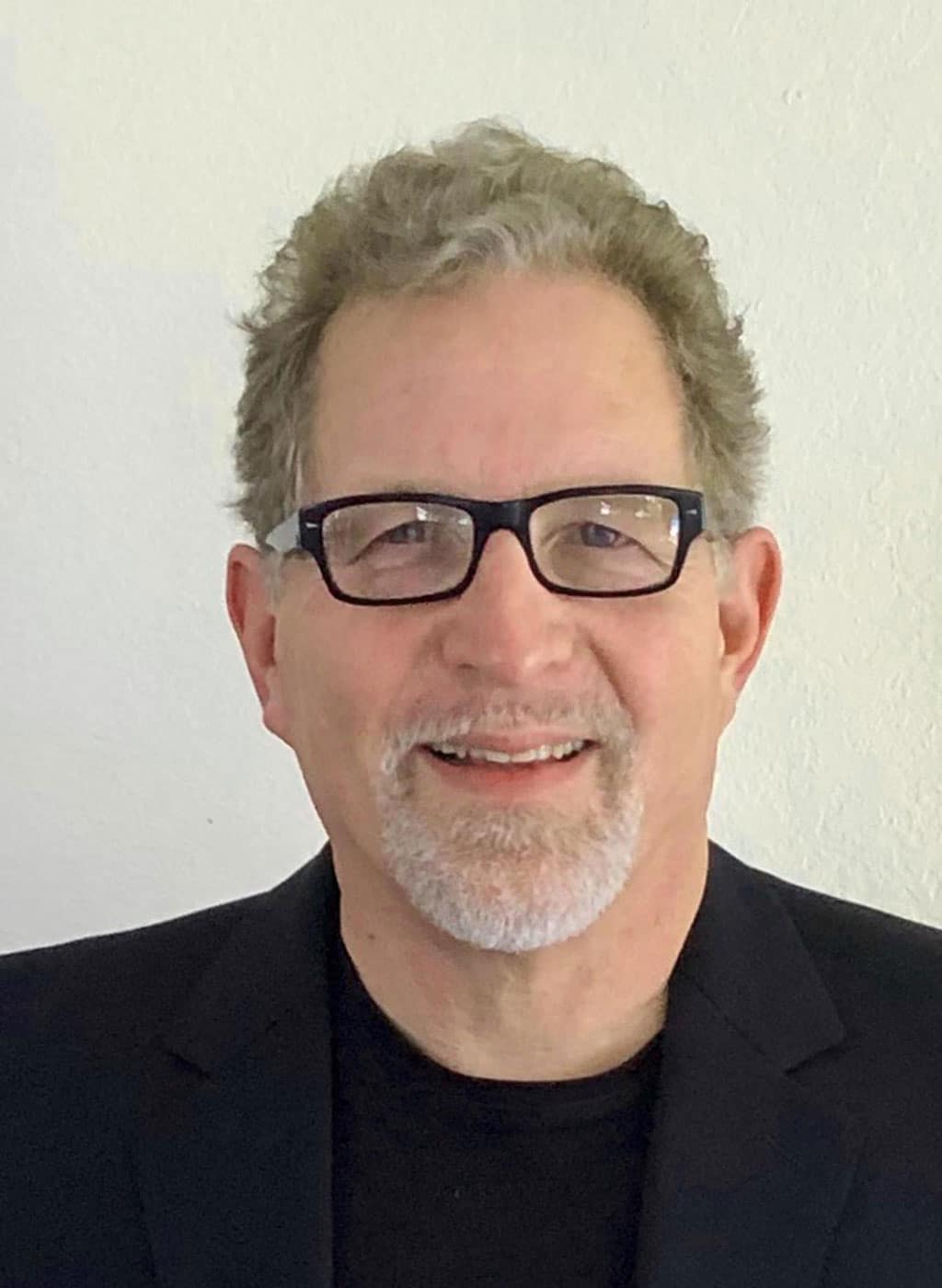Five actions to drive your career forward in the third space

In the third space of higher education, professionals such as learning developers, learning technologists and librarians will have responsibilities and duties that transcend the traditional two-sided coin of academia and professional services.
Despite there being growing numbers of third space practitioners working in higher education, staff development structures within many universities are often still aligned to the more traditional academic/professional distinction. This means that these professionals may find themselves ineligible for internal promotion routes, or have limited access to institutional professional development opportunities that reflect their career aspirations. Here, I’ll provide five actions that those working in a third-space capacity can proactively undertake to raise their profile. By doing so, they can best position themselves to drive forward their career.
Explain the third space
Within a university, it is very likely that some colleagues, including senior leaders, will still not be familiar with the concept of the third space. It’s important that third space practitioners take the time to educate others as to the nature of their work, and how the third space is different from traditional academic and professional service roles.
Given that the third space can appear quite abstract, provide concrete examples of how policies or processes could negatively impact on career development opportunities. From an institutional perspective, this might include workload planning models or promotional pathways that are tailored to traditional academics.
Working in partnership with other third space colleagues can help to ensure you’re clear and consistent on how challenges present themselves. Likewise, third space practitioners should seek to be proactive in offering solutions for how policies and processes might be made more inclusive. Make the most of open sessions offered by senior leaders as an opportunity to discuss your work directly and make them aware.
Engage with professional associations
Third space practitioners should work to engage with communities beyond their institution. In the UK, many professional associations, such as the ALDinHE, RAISE, ALT, CILIP and SEDA, will have working groups and committees that will be well suited to those working in a third space capacity. Similarly, organisations such as Advance HE, JISC and the QAA will regularly make calls for contributors to new initiatives.
Many universities may already be organisational members, which would provide access to participation with little or no additional cost. Engaging in opportunities like these will quickly expand a professional network and provide rich insights into wider sector practices. Involving yourself in as many associations as possible will extend your reach even further and is great for career development.
Disseminate work
Third space professionals need to actively share their practices within and beyond their institution. This could be through an integrated collection of outputs, such as conference publications, journal articles or blogs.
Often third space practitioners will have go-to forums for sharing their work that are directly aligned to their field. For example, ALDinHE has a dedicated journal, annual conference, communities of practice and blog related to learning development.
Look to showcase your work through presenting at or publishing via forums offered by other professional associations. Many publishers, including Times Higher Education Campus, provide opportunities for aspiring authors to pitch an idea for an article to editors for feedback. Actively making the most of such chances will serve to raise both an individual’s own profile and also sector awareness of the third space per se.
Think reach, value, impact
Advance HE’s teaching excellence awards (National Teaching Fellowship Scheme and Collaborative Award for Teaching Excellence) require applicants to demonstrate their reach (scale of influence), value (resulting benefit for students and/or staff) and impact (how policy/practice/outcomes changed because of work). Regardless of whether you’re an aspiring teaching excellence award applicant, these three dimensions should be at the forefront of your mind.
Given that the third space may still be new to many, it is critical that you can evidence the transformational nature of your work. This can only be conceptualised as a journey rather than an event and building a collection of concrete examples of reach, value and impact should be prioritised. Over time this will in turn produce an excellent evidential diary (of both institutional and external examples), from which to inform future job applications or to prepare submissions for professional recognition, such as Advance HE fellowships.
Get to know yourself
Practitioners working in the third space will often undertake a diverse range of duties. For example, a learning development practitioner might be involved in areas of work such as tutorials for students, delivering academic skills workshops, working with course teams to develop curricular, contributing to peer assisted learning, evaluation of provision, service promotion and managing student enquiries. This could lead to an unwarranted perception, from those less familiar with the third space, that this equates to being something of a higher education jack of all trades but master of none. We must take the time to critically reflect on what are the overarching mastery themes related to our practice, so we can effectively and concisely articulate such expertise to others. It is my experience that writing reflective articles, such as this, can help this process.
Third space practitioners are a fast-expanding sub-group within the higher education community. I’d hope that eventually staff development processes within universities will become more inclusive and afford more support in terms of career guidance and promotion opportunities for those working in the third space. Until such time, to avoid becoming stuck in a role, it is imperative that third space practitioners are strategic in undertaking actions that will best position them to progress. It is my hope that the tips in this article will provide a basis to support such career planning.
Steve Briggs is director of learning and teaching excellence at the University of Bedfordshire.
If you’d like advice and insight from academics and university staff delivered direct to your inbox each week, sign up for the Campus newsletter.
link








